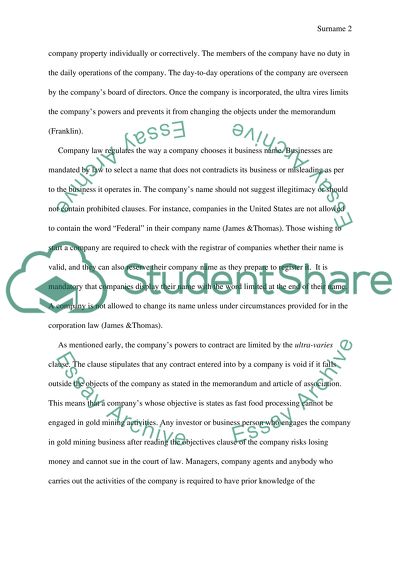Cite this document
(Company Law Cases Literature review Example | Topics and Well Written Essays - 2435 words, n.d.)
Company Law Cases Literature review Example | Topics and Well Written Essays - 2435 words. Retrieved from https://studentshare.org/law/1668066-legal-research-paper
Company Law Cases Literature review Example | Topics and Well Written Essays - 2435 words. Retrieved from https://studentshare.org/law/1668066-legal-research-paper
(Company Law Cases Literature Review Example | Topics and Well Written Essays - 2435 Words)
Company Law Cases Literature Review Example | Topics and Well Written Essays - 2435 Words. https://studentshare.org/law/1668066-legal-research-paper.
Company Law Cases Literature Review Example | Topics and Well Written Essays - 2435 Words. https://studentshare.org/law/1668066-legal-research-paper.
“Company Law Cases Literature Review Example | Topics and Well Written Essays - 2435 Words”, n.d. https://studentshare.org/law/1668066-legal-research-paper.


